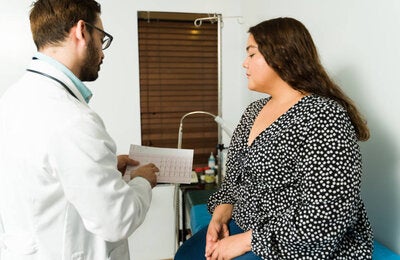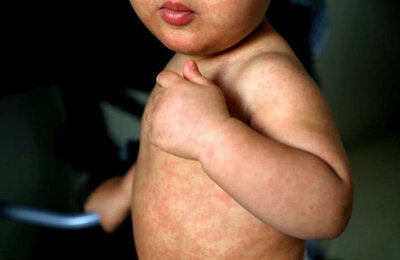
 Top health authorities set an ambitious agenda for improving health and health equity in the Americas during the annual meeting of the Directing Council of the Pan American Health Organization (PAHO), held Sept. 28 to Oct. 2, in Washington, D.C.
Top health authorities set an ambitious agenda for improving health and health equity in the Americas during the annual meeting of the Directing Council of the Pan American Health Organization (PAHO), held Sept. 28 to Oct. 2, in Washington, D.C.
PAHO's Directing Council approves new strategies and actions to advance priority areas of health in the hemisphere
Washington, D.C., 2 October 2009 (PAHO) — Top health authorities set an ambitious agenda for improving health and health equity in the Americas during the annual meeting of the Directing Council of the Pan American Health Organization (PAHO), held this week in Washington, D.C.
Ministers and other high-level delegates from North, South, and Central America and the Caribbean endorsed a series of strategies and plans to guide PAHO's technical cooperation activities and action and policymaking by its Member States.
The meeting dealt with issues ranging from the health needs of an aging population in Latin America and the Caribbean to organ donation and transplantation. Among the highlights were resolutions on:
- A Plan of Action on the Health of Older Persons, Including Active and Healthy Aging. The plan addresses the growing health needs of the rapidly aging population of Latin America and the Caribbean. It calls on PAHO Member States and international cooperation agencies to focus on improving public policies that affect the health of older people, equipping health systems and training human resources to meet their special needs, and developing countries' capacities for generating information needed to support and evaluate action in this area.
- A Strategy and Plan of Action on Mental Health. The plan notes that in Latin America and the Caribbean, from 37 percent to 71 percent of people are not getting the treatment they need for mental health problems ranging from major depression to alcohol dependence. The plan calls on countries to give mental health greater priority in their national health policies and to promote universal access to mental health services for their entire populations.
- Neglected diseases and other poverty-related infections in the Americas. The resolution calls for eliminating 10 neglected diseases and diseases of poverty from the Americas by the year 2015, and for drastically reducing the burden of two others, through partnerships between the public and private sectors. The targeted diseases include onchocerciasis (river blindness), lymphatic filariasis (elephantiasis), and blinding trachoma in Latin America and the Caribbean as a whole, and schistosomiasis in the Caribbean.
- A "Family and Community Health" approach to public health. It calls for policies and programs that promote healthy behaviors and reduce risks and exposure to harm for communities, families, and individuals; that ensure equal access to quality health services based on primary health care; that build alliances and networks across sectors to ensure "health in all policies"; and that promote community participation in improving health.
During the meeting, PAHO Director Mirta Roses presented her annual report on PAHO's technical cooperation activities in 2008—2009. It highlights PAHO support for countries' efforts to strengthen their health systems based on the primary health care strategy, which emphasizes universal access to social protection in health and high-quality, comprehensive health care services available to all.
"There are countries in our Region and in the world that have managed to build health systems that effectively guarantee universal and equitable access, that are collective and participatory, and that at the same time ensure efficiency, effectiveness, and quality," Dr. Roses says in the report. "All of these systems are based on primary health care."
The Directing Council's yearly meeting is the leading forum for regional health policy debate in the Americas.
The Pan American Health Organization, founded in 1902, works with all the countries of the Americas to improve the health and quality of life of their peoples. It serves as the Regional Office of the World Health Organization (WHO).
For more information please contact Donna Eberwine-Villagrán, Public Information Officer, Knowledge Management and Communication, tel (202) 974-3122, fax (202) 974-3143.



